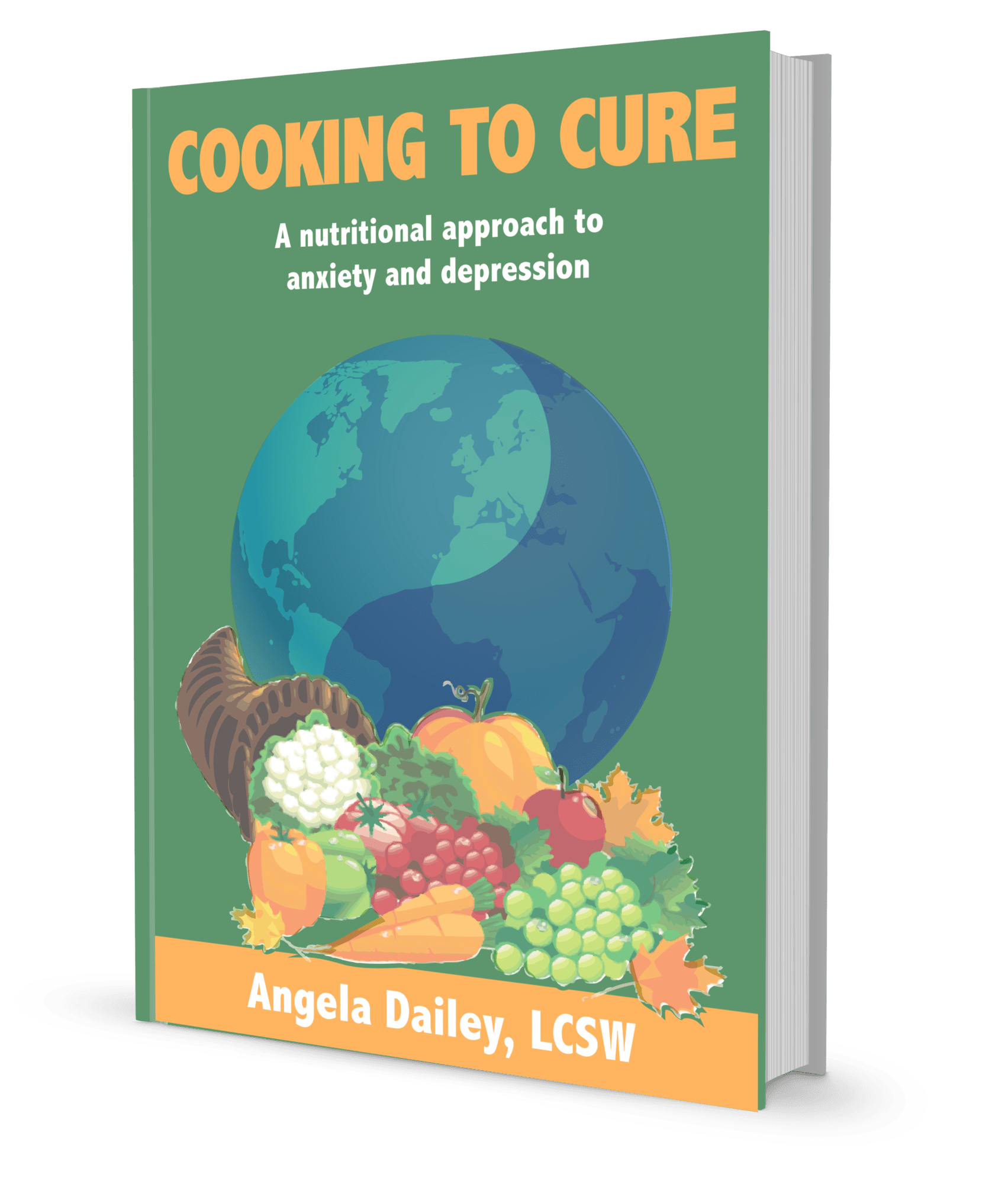5 Ways To Spice Up Your Mental Health
Spices have been used medicinally all around the globe for thousands of years. Papyri from Ancient Egypt in 1555 BC classified coriander, fennel, juniper, cumin, and garlic as health promoting spices. Hippocrates (460-377 BC), wrote about spices and herbs, including saffron, cinnamon, thyme, coriander, mint, and marjoram. He noted that great care should be given to the preparation of herbs for medical use. Of the 400 herbal remedies utilized by Hippocrates, at least half are in use today.













Recent Comments